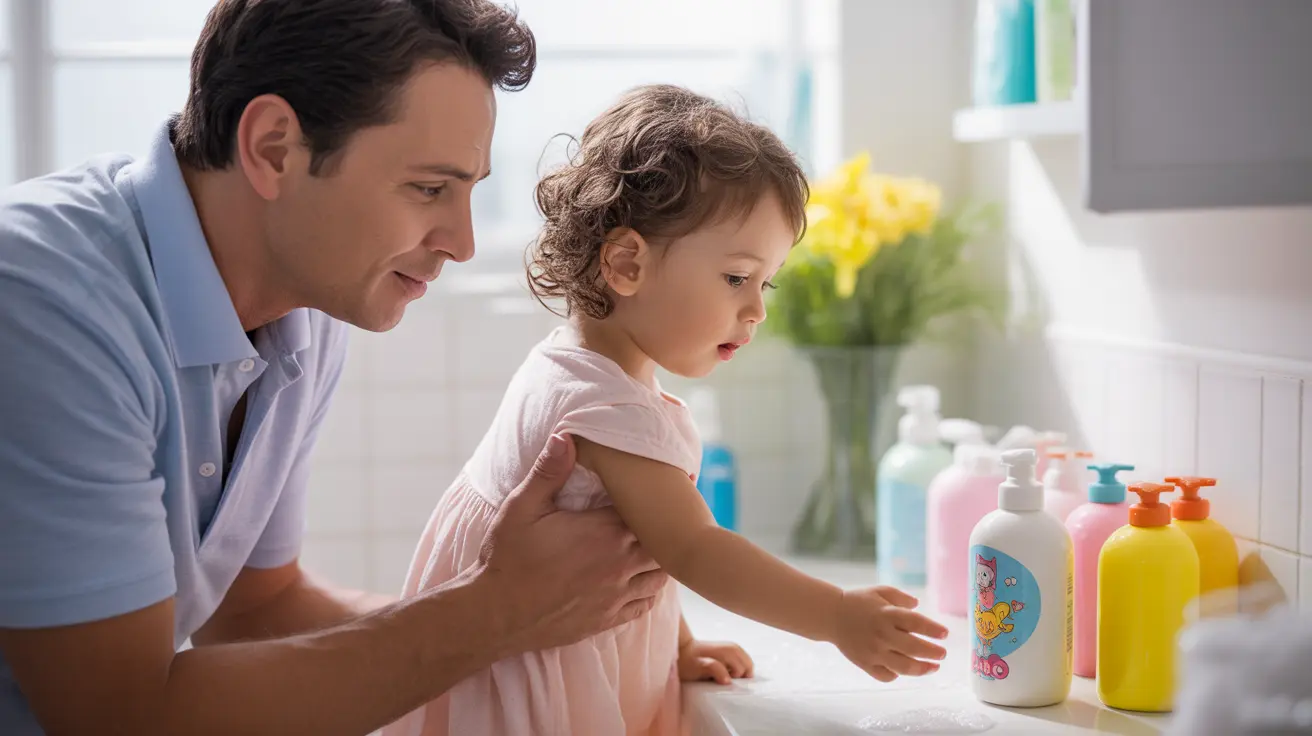Accidentally swallowing soap can be a concerning experience, whether it happens to you or your child. While most cases of soap ingestion result in mild discomfort, understanding the potential risks and knowing how to respond is crucial for ensuring safety and proper treatment.
This comprehensive guide will walk you through the symptoms to watch for, appropriate treatment steps, and essential prevention measures to keep you and your family safe.
Immediate Symptoms of Soap Ingestion
When soap is swallowed, several symptoms may develop within minutes to hours:
- Nausea and vomiting
- Stomach pain or cramping
- Burning sensation in the mouth, throat, or stomach
- Excessive drooling
- Coughing or gagging
- Difficulty swallowing
- Foaming at the mouth
Understanding the Risks
The severity of symptoms largely depends on several factors:
- Type and concentration of soap ingested
- Amount swallowed
- Individual's age and overall health
- Time elapsed before treatment
Different Types of Soap Products and Their Risks
Not all soaps pose the same level of danger when ingested:
- Hand soap and body wash: Generally mild irritants
- Dish soap: Can cause more significant gastrointestinal distress
- Bubble bath products: Usually mild but can cause nausea and discomfort
- Industrial cleaning products: Potentially severe health risks
Immediate Treatment Steps
If you or someone else has swallowed soap, take these immediate actions:
- Do not induce vomiting
- Rinse mouth thoroughly with water
- Drink small sips of water or milk
- Contact Poison Control (1-800-222-1222)
When to Seek Emergency Care
Seek immediate medical attention if you observe:
- Severe chest or abdominal pain
- Difficulty breathing
- Severe vomiting or diarrhea
- Loss of consciousness
- Significant throat swelling
- Burns in the mouth or throat
Prevention Strategies
Taking preventive measures is crucial, especially in households with young children:
- Store all cleaning products out of children's reach
- Use child-proof locks on cabinets containing soap products
- Keep soap products in their original containers
- Supervise young children during bath time
- Choose child-safe bath products when possible
Frequently Asked Questions
- What are the symptoms if I accidentally swallow bubble bath soap?
Symptoms typically include nausea, vomiting, stomach discomfort, and possible diarrhea. You might also experience a burning sensation in your mouth and throat, excessive drooling, and coughing.
- How do I treat soap poisoning at home, and when should I seek emergency help?
At home, rinse your mouth with water and take small sips of water or milk. Don't induce vomiting. Contact Poison Control immediately. Seek emergency care if you experience severe pain, difficulty breathing, or significant swelling.
- Are all types of soap safe if ingested, or are some more toxic than others?
No, not all soaps are equally safe. While most household soaps cause mild irritation, industrial cleaners and concentrated products can be highly toxic. Natural soaps tend to be less harmful than synthetic ones.
- Can swallowing soap cause long-term health issues, even if it's not immediately severe?
Most minor soap ingestions don't cause long-term problems when properly treated. However, ingesting caustic or industrial soaps can potentially cause lasting damage to the digestive tract if not addressed promptly.
- How can I prevent accidental soap ingestion in young children during bath time?
Keep bath products out of children's reach, use child-safe products, supervise bath time closely, teach children not to play with or taste soap products, and ensure proper storage of all cleaning supplies.
Remember: While most cases of accidental soap ingestion are not severe, it's always better to err on the side of caution and contact medical professionals when in doubt.




